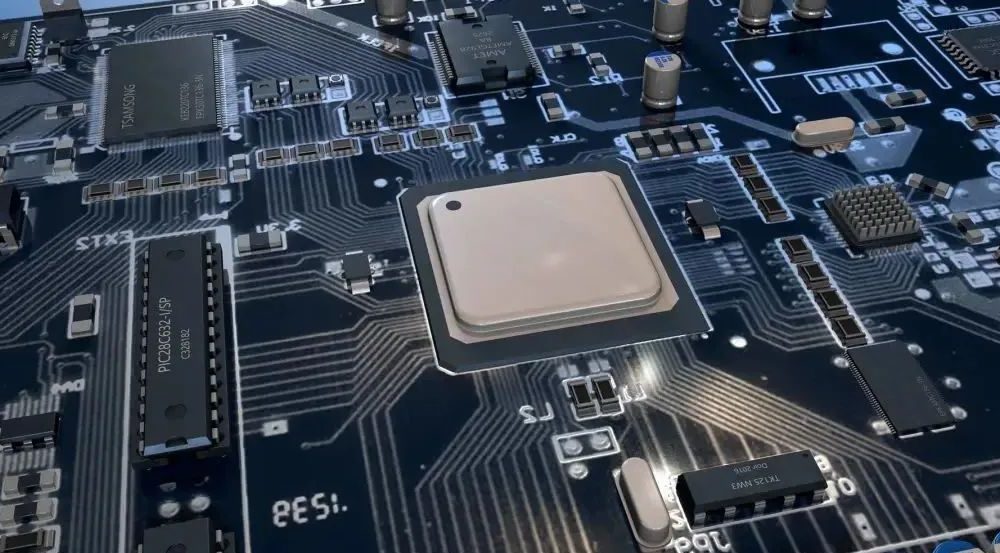In the design and manufacturing processes of modern electronic products, the reliability of electronic components is a key factor in ensuring the long-term stable operation of the products. The reliability of electronic components not only affects the safety and performance of the products but also directly relates to their market competitiveness and user satisfaction. Therefore, gaining a deep understanding of the reliability of electronic components and taking effective measures to enhance it is an important task for electronic engineers and manufacturers.
The Importance of Inherent Reliability
Inherent reliability refers to the reliability that electronic components possess as a result of their design and manufacturing processes. This type of reliability is achieved during the production stage through strict quality control and testing. It encompasses various aspects, including component design, manufacturing processes, material selection, and inspection accuracy. For example, a high-precision resistor can have enhanced inherent reliability due to its precise resistance value and low temperature coefficient. During the design phase, engineers need to conduct a detailed assessment of the inherent reliability of electronic components, which includes considerations of their physical and electrical characteristics as well as long-term stability. The requirements for inherent reliability vary across different application fields. For instance, in the military and aerospace sectors, where extremely high demands for safety and stability are placed, the requirements for the inherent reliability of electronic components are also much stricter. In the consumer electronics field, although cost control is more important, with the advancement of technology and the increasing quality expectations of users, inherent reliability has become increasingly significant.
Challenges of Operational Reliability
Operational reliability refers to the reliability of electronic components during their actual use. It is closely related to factors such as usage conditions, environmental factors, and maintenance. Electronic components may face various challenges during use, such as temperature changes, humidity, vibration, mechanical shock, and electromagnetic interference, all of which can affect their reliability. Jinjian Laboratory, with its advanced testing equipment and professional technical team, can ensure the accuracy and reliability of tests. It provides comprehensive performance testing, reliability verification, and failure analysis services for integrated circuits, PCB/PCBA, electronic auxiliary materials, etc. Moreover, it formulates appropriate testing plans based on different product testing requirements and offers one-stop solutions.
Strategies to Improve Operational Reliability
To enhance the operational reliability of electronic components, engineers can adopt the following strategies:
-
Environmental Adaptability Design: Consider various environmental factors that components may encounter during design, such as temperature, humidity, and vibration, and implement corresponding protective measures.
-
Stress Analysis: By analyzing the stresses that electronic components may experience during actual use, potential failure modes can be predicted, and corresponding design improvements can be made.
-
Thermal Management: Effective thermal management design can prevent components from overheating, thereby improving their reliability.
-
Electromagnetic Compatibility (EMC): Ensure that electronic components can operate normally in an electromagnetic environment without being interfered with and without interfering with other devices.
-
Redundancy Design: Implement redundancy design in critical electronic systems so that the system can continue to operate even if a component fails.
-
Regular Maintenance and Inspection: Regular maintenance and inspection can help identify and repair potential problems in a timely manner, thereby extending the lifespan of electronic components.
-
User Training and Guidance: Providing users with correct usage and maintenance instructions can help them better protect and maintain electronic components.
The Key to Success for Electronic Components
The reliability of electronic components is the key to the success of electronic products. By enhancing both the inherent and operational reliability of electronic components, it is possible to ensure the stable operation of electronic products under various conditions. This requires not only strict quality control by manufacturers during the design and production processes but also correct operation by users during use and maintenance. With the continuous advancement of technology, the requirements for the reliability of electronic components are also increasing. This demands that engineers and manufacturers constantly explore new technologies and methods to meet market and user needs.





No comments